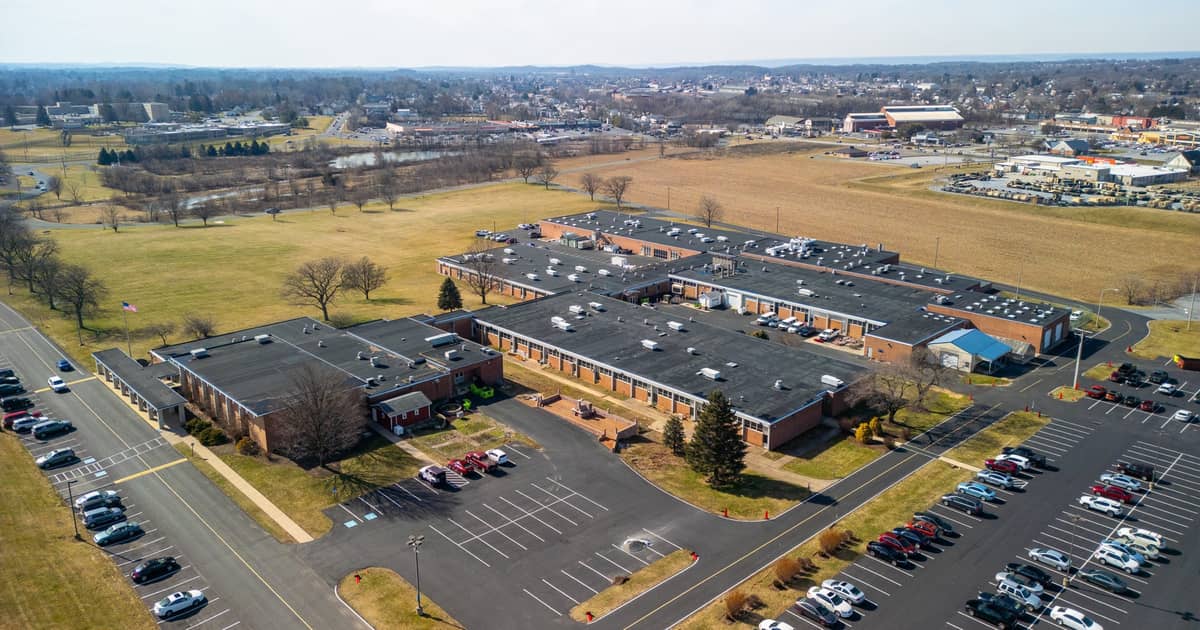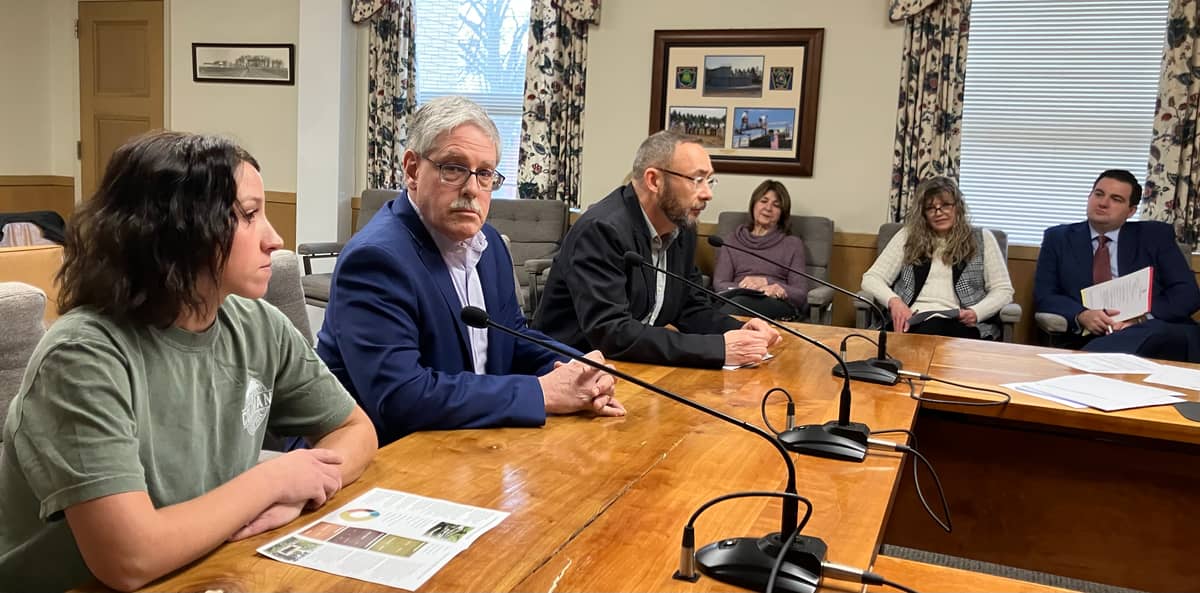On March 31, state Department of Human Services Secretary Teresa Miller and southcentral Pennsylvania officials held a press conference to draw attention to the newly created Emergency Rental Assistance Program (ERAP).
A total of $847 million has been allocated among the commonwealth’s 67 counties to help thousands of at-risk individuals and families maintain their housing and utility services. Rental property owners can also apply for assistance on behalf of their tenants.
With federal funds from the Consolidated Appropriations Act of 2021, the administration of Gov. Tom Wolf built the program in partnership with the General Assembly through Act 1 of 2021 to distribute about $569 million to Pennsylvania households through partnerships with local leaders, according to a press release. An additional $278 million in rental assistance was directly disbursed to the state’s largest counties by the federal government.
Read More: Help available for Lebanon County residents seeking rent utility relief
“This program has the potential to stabilize the lives of millions of Pennsylvanians in vulnerable housing situations,” Miller said in the release. “While $847 million is a lot of money that can help a lot of people, it is first-come, first-served. I encourage Pennsylvanians who need assistance to avoid eviction or utility shutoffs to please apply for help through ERAP today. The people who have borne the brunt of this pandemic deserve to see a light at the end of this tunnel.”
About two-thirds of commonwealth counties have partnered with the Department of Human Services to make applications available to their residents online.
Twenty-two counties – including Lebanon – have opted to accept applications from county residents through their own application process.
“The Emergency Rental Assistance Program is huge for Lebanon County,” County Commissioner Jo Ellen Litz told LebTown in an email. “Over the past year of the pandemic, I heard countless times that landlords felt they were being overlooked for assistance. Tenants who fell ill to COVID and couldn’t work, or lost their jobs because their company couldn’t get supplies or closed when they were too short on employees, could not pay their rent.”
Read More: County to receive over 10 million for rental and hospitality industry relief
“Unfortunately, some tenants who did get assistance used the money for other necessities rather than paying their rent. They knew they could not lose their dwelling due to a moratorium, which ensured that the homeless population would not rise to unmanageable proportions. The new ERAP includes landlords in the mix. Without this help, they could not pay mortgages, and banks could foreclose on their properties, which could also result in tenants losing their apartments.
“Further, if multiple landlords owning numerous apartment houses could not pay their taxes, local governments and schools would see budget shortfalls, and services would have to be cut. We’re talking public safety, like the 911 call center to dispatch fire, ambulance and police, the jail, and child abuse investigations.”
“In summary, the ERAP will help to avoid a downward spiral into a depression so deep that it could take decades to recover.”
Read More: $8.5 million in rent relief is (almost) on the way for Lebanon County
Under the program, households may be eligible for up to 12 months of assistance to cover past due or future rental and/or utility payments that were accrued on or after March 13, 2020. The amount of a household’s monthly rent or utility bills does not preclude eligibility, but the amount of program assistance provided is determined at the county level.
Counties may choose to provide additional assistance to eligible households if funds remain available.
Landlords don’t have to agree to participate in the program for tenants to receive assistance.
To qualify, a household must meet the following criteria:
- One or more people within the household was eligible for unemployment benefits, had a decrease in income, had increased household costs, or experienced other financial hardship due directly or indirectly to the COVID-19 pandemic; and
- One or more individuals in the household can show a risk of experiencing homelessness or housing instability; and
- The household has an income at or below 80 percent of area median income (Lebanon County’s limits are found here.)
Applicants will need to provide certain documentation, including head of household’s personal information; income information for all household members 18 and older; rental lease and amount owed; and landlord’s name and contact information. If applying for utility assistance, applicants must provide utility expenses and utility provider information.
If necessary, program applicants do not have documents, county ERAP offices will work with applicants to obtain documents or written attestations. Find the application form here.
For more information about the Emergency Rental Assistance Program, visit dhs.pa.gov.
All ERAP funds must be spent by Dec. 31, 2021.
Questions about this story? Suggestions for a future LebTown article? Reach our newsroom using this contact form and we’ll do our best to get back to you.

Join our community of local news champions.
Cancel anytime.
Monthly Subscription
🌟 Annual Subscription
- Still no paywall!
- Fewer ads
- Exclusive events and emails
- All monthly benefits
- Most popular option
- Make a bigger impact
Already a member? Log in here to hide these messages
While other local news outlets are shrinking, LebTown is growing. Help us continue expanding our coverage of Lebanon County with a monthly or annual membership, or support our work with a one-time contribution. Every dollar goes directly toward local reporting. Cancel anytime.
Full Disclosure: The Emergency Rental Assistance Program is currently being advertised on LebTown. LebTown does not make editorial decisions based on advertising relationships and advertisers do not receive special editorial treatment. Learn more about advertising with LebTown here.
























